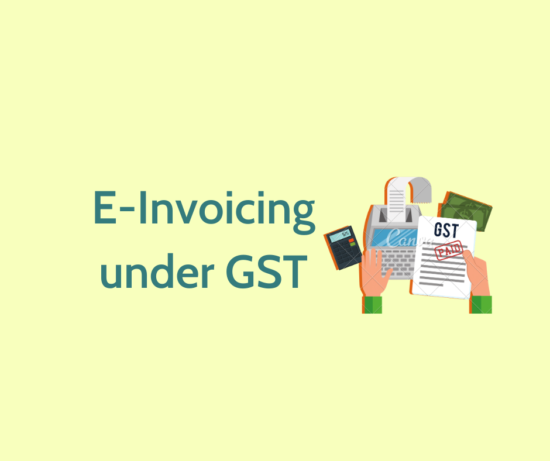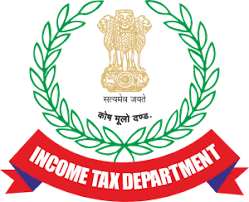The Karnataka High Court has recently in the case of Sanchar Telesystem Ltd has quashed the order detaining vehicles, imposing tax, penalty, and interest. The Court directed authority to provide opportunity of hearing to the petitioner.
Facts of the case:
- The petitioner, Sanchar Telesystem Ltd. imports walkie-talkie sets only for supply to the Police and the other Government Security Departments across India.
- A consignment of these walkie-talkies is imported from M/s JVC Kenwood Corporation, Japan and dispatched to Bangalore Airports Custom Authority from Singapore Airport.
- The petitioner has obtained clearance from the Customs Authority after paying applicable IGST and basic customs duty as provided in the Bills of Entry.
- However, the present dispute is because the CTO has commenced proceedings under section 129 of the KGST Act culminating with the impugned orders after the Commercial Tax Officer (Vigilance-40), Bengaluru detained one of the vehicles hired by the petitioner for transportation of the walkie-talkie sets.
- The CTO has not accepted the petitioner’s response being of the opinion that the vehicle was intercepted at 2:45 p.m., and e-way bills were not generated before the commencement of the movement of the vehicle.
- The CTO has concluded that the driver’s statement that he left the Bangalore International Airport at around 3:15 p.m. due to VIP movement and that the Endorsements were served at the premises of CTO Enforcement Office, Devanahalli at 4:15 p.m. cannot be believed because the “Good’s delivery place” and the “Passengers boarding/deboarding places” at the Airport are different.
- The details maintained by M/s Menzies Aviation Security show that the vehicle entered the airport for loading at 2:12 p.m. and exited at 2.33 p.m and therefore the driver’s statement that he left the Airport premises at 3:15 p.m., cannot be accepted.
- The CTO has consequentially issued the impugned Orders under Section 129(3) of the KGST Act demanding tax and penalty as contemplated under Section 129(1)(a) of the CST Act.
Order of Karnataka High Court: Deliberations and Order
- The provisions of section 129(4) of the KGST Act mandates that no tax, interest, or penalty shall be determined under sub-section (3) without giving the person concerned an opportunity of being heard.
- This stipulation that no tax or interest or penalty shall be determined unless the person concerned is given an opportunity of being heard incorporates the seminal principle of fair play which is inherent in the established principle that no person is to be condemned unheard.
- If the CTO intended to rely upon data maintained by a third party and shared by such third party pursuant to the communication made by him, the fair play makes it incumbent on the CTO to provide an opportunity to the petitioner to meet the data lest the petitioner is fastened with the liability to pay either the tax or interest or penalty on the basis of the data that, allegedly and as is now alleged by the petitioner, is obtained behind its back to its detriment.
In view of above deliberations, the Single Judge bench of Justice B.M. Shyam Prasad while quashing the impugned order restored to the CTO for fresh consideration with the necessary opportunity to the petitioner to meet all materials that could be relied against it.
READ / DOWNLOAD ORDER:
***
[rainbow]Don’t miss the next GST Update / Article / Judicial pronouncement[/rainbow]
Subscribe to our newsletter from FREE to stay updated on GST Law
Resolve your GST queries from national level experts on GST free of cost.
Frah Saeed is a law graduate specializing in the core field of indirect taxes and is the Co-founder of taxwallah.com. She has authored many publications on GST and is into full-time consultancy on GST to big corporates. She as a part of taxwallah.com heads a team comprising of Chartered Accountants and Advocates and plays a key role in our mission to disseminate GST knowledge to all.




